Conservation Service Community
WisCorps’ Mission
We engage the next generation of environmental leaders through guided,
hands-on service opportunities that benefit our region’s public lands.
Crew Program
Our Crew Program assembles groups of young adults (ages 18-30) who serve together for 3+ months under WisCorps staff guidance. Crews travel throughout the season across the Upper Midwest on trail construction, habitat management, and carpentry projects on public lands.
Participants must be over the age of 18 and a citizen of the United States, a United States national, or a legal permanent resident of the United States.
LEADER TRAINING
Crew Leaders undergo a comprehensive five-week training program at the start of the summer season,
Includes: NOLS Wilderness First Aid, Certified Pesticide Applicator Certification in Wisconsin, Leave No Trace principles, Chainsaw and Brush Saw Use, and more.
MEMBER TRAINING
Crew members undergo a three to four-day training program conducted by WisCorps staff at the start of the season.
Includes: Wilderness First Aid, Leave No Trace principles, training on brush saw use, trail building basics, and more.
Individual Placements
Our Individual Placement Program offers opportunities for participants to serve at a single site and develop conservation and educator skills with support from WisCorps and Placement Site staff.
Participants must be over the age of 18 and a citizen of the United States, a United States national, or a legal permanent resident of the United States.
Our Partners
Since 2009, We have partnered with over 150 different non-profits, local, state, and federal agencies to instill conservation stewardship in young adults.

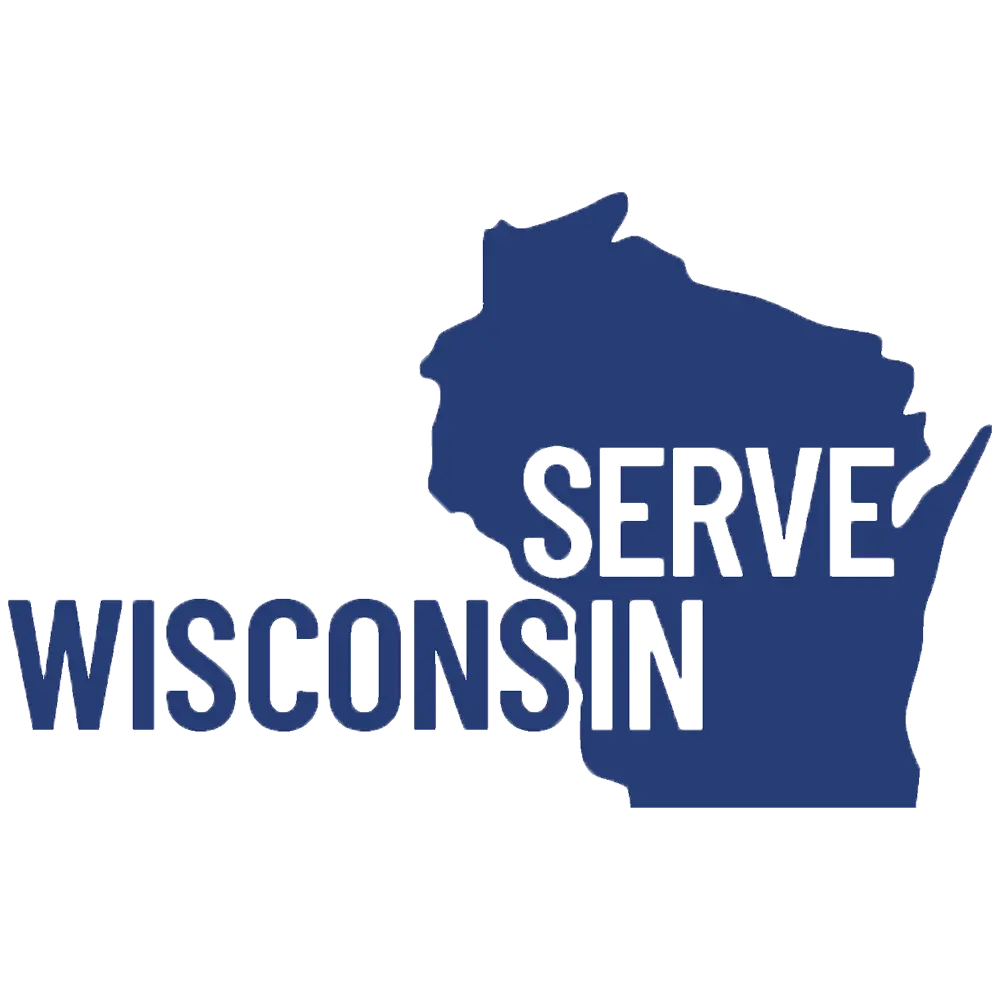
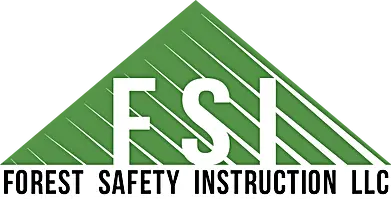
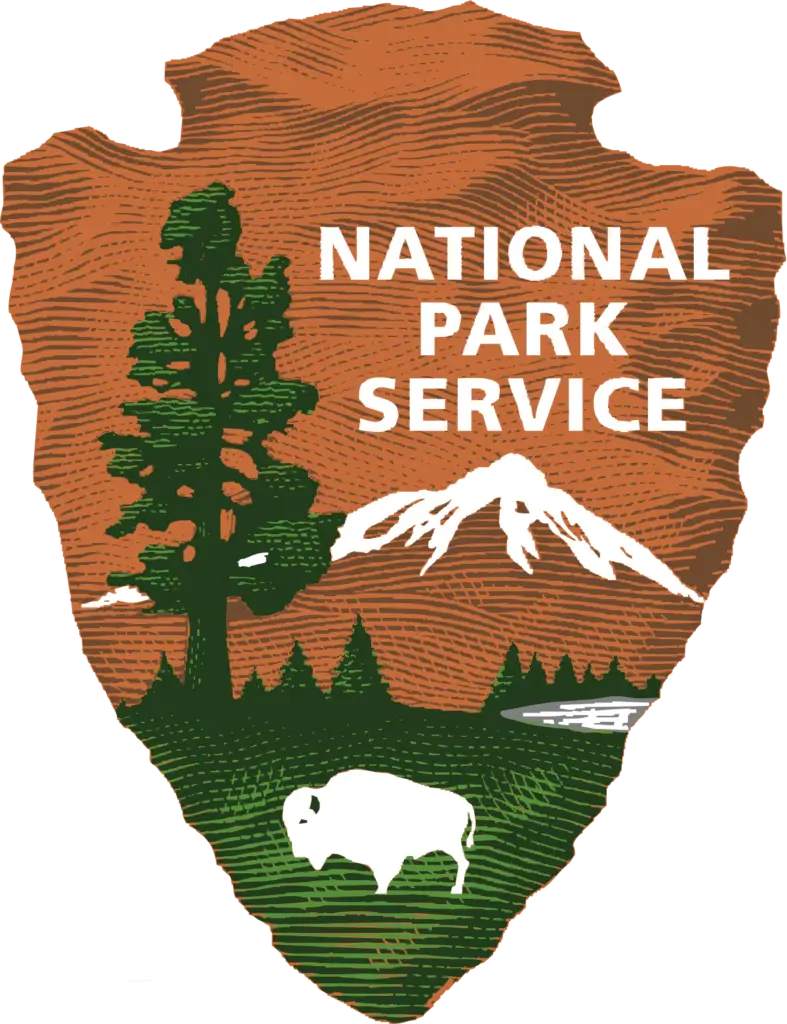
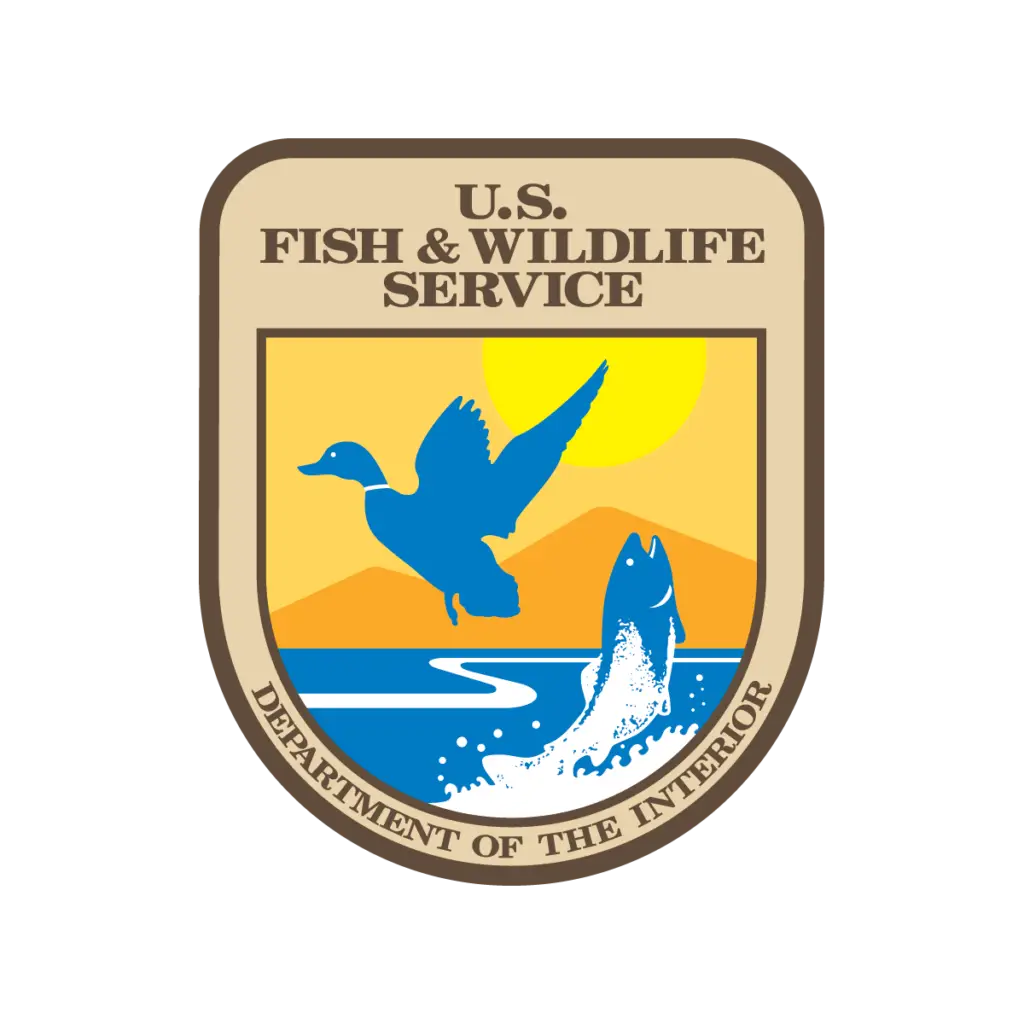
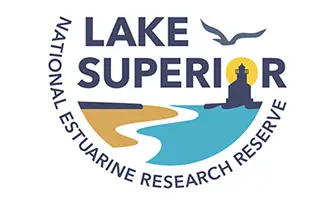
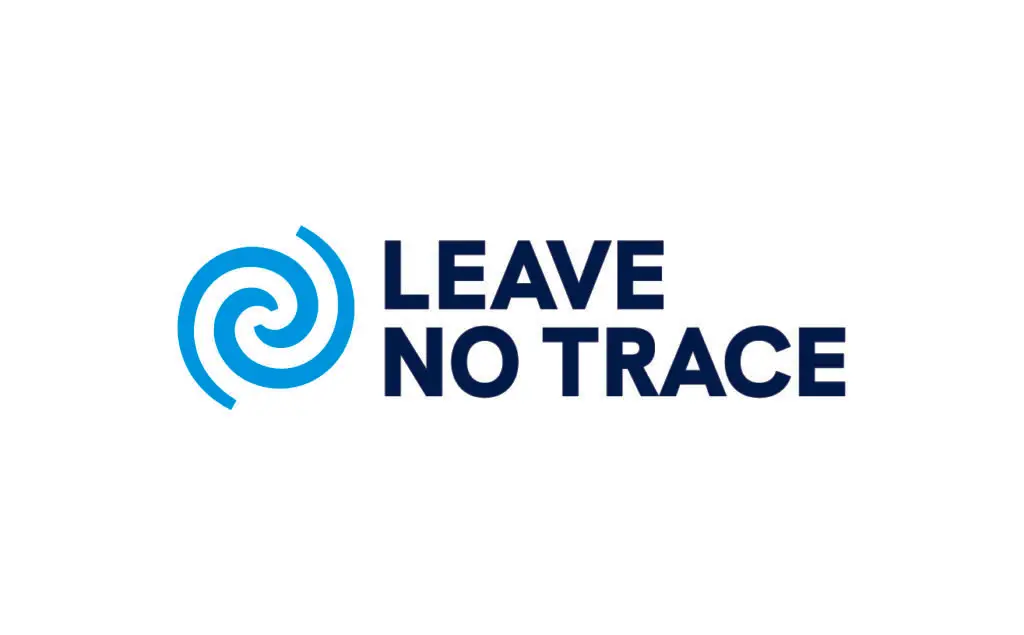


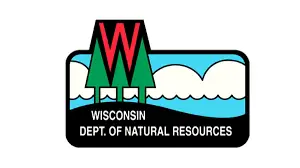
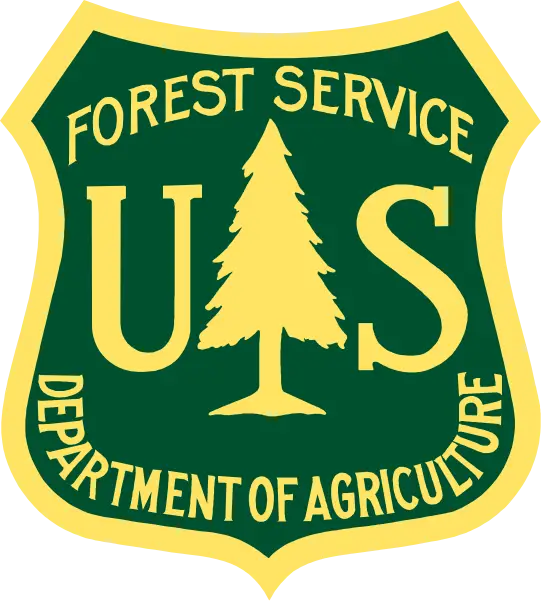

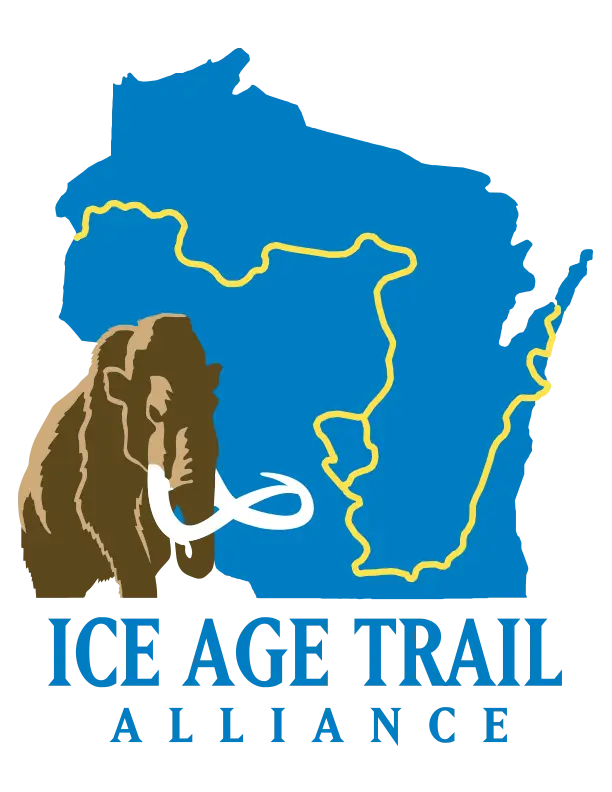
Support WisCorps
As a non-profit, our work is made possible through grants, partners, and donors like you, who help participants become the next generation of land stewards.
Relevant News and Blog Posts

A Small Village with a Big Personality
WisCorps partnered with the Village of Mazomanie to take on a new challenge: restoring the Bluff Trail system. After an on-site assessment revealed steep, eroded sections and outdated routes, the team designed a custom, multi-week plan focused on trail reroutes, structural improvements, brushing, and sustainable techniques like c-steps—reimagining the trail for long-term use and accessibility.
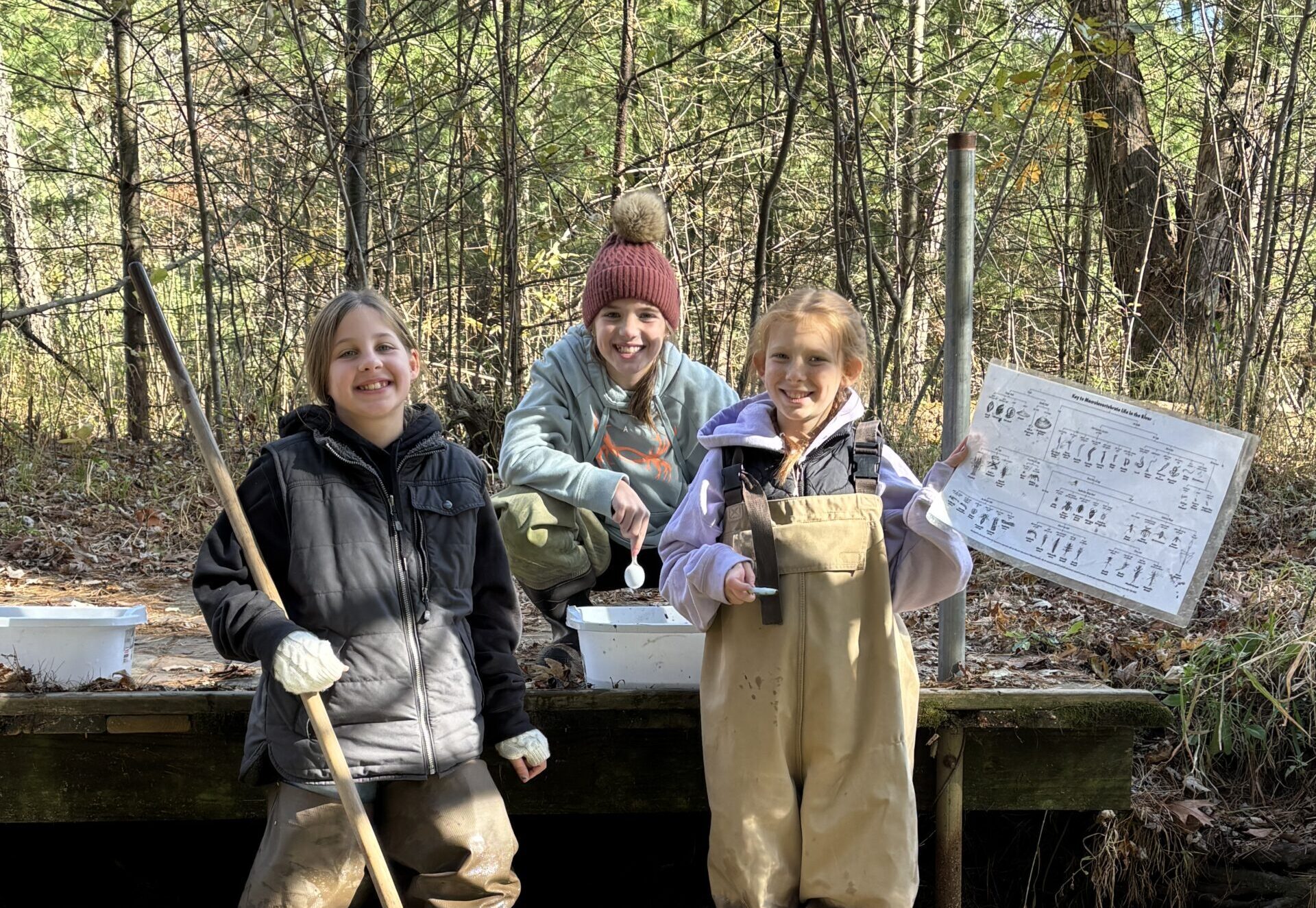
“This Is My Swamp”: A Day in the Field With Our Upham Woods Individual Placement
During a wetland field trip at Upham Woods, WisCorps’ Individual Placement guided students through pond sampling, species identification, and conversations about conservation. This immersive environmental education experience helped young learners understand wetland health, biodiversity, and the impact of community science.

Stream to Stream: A Reflection on Restoration
Previous Crew Leader Silas Patten reflects on his time with WisCorps and how the projects he worked inspired him into the work he’s doing today.
